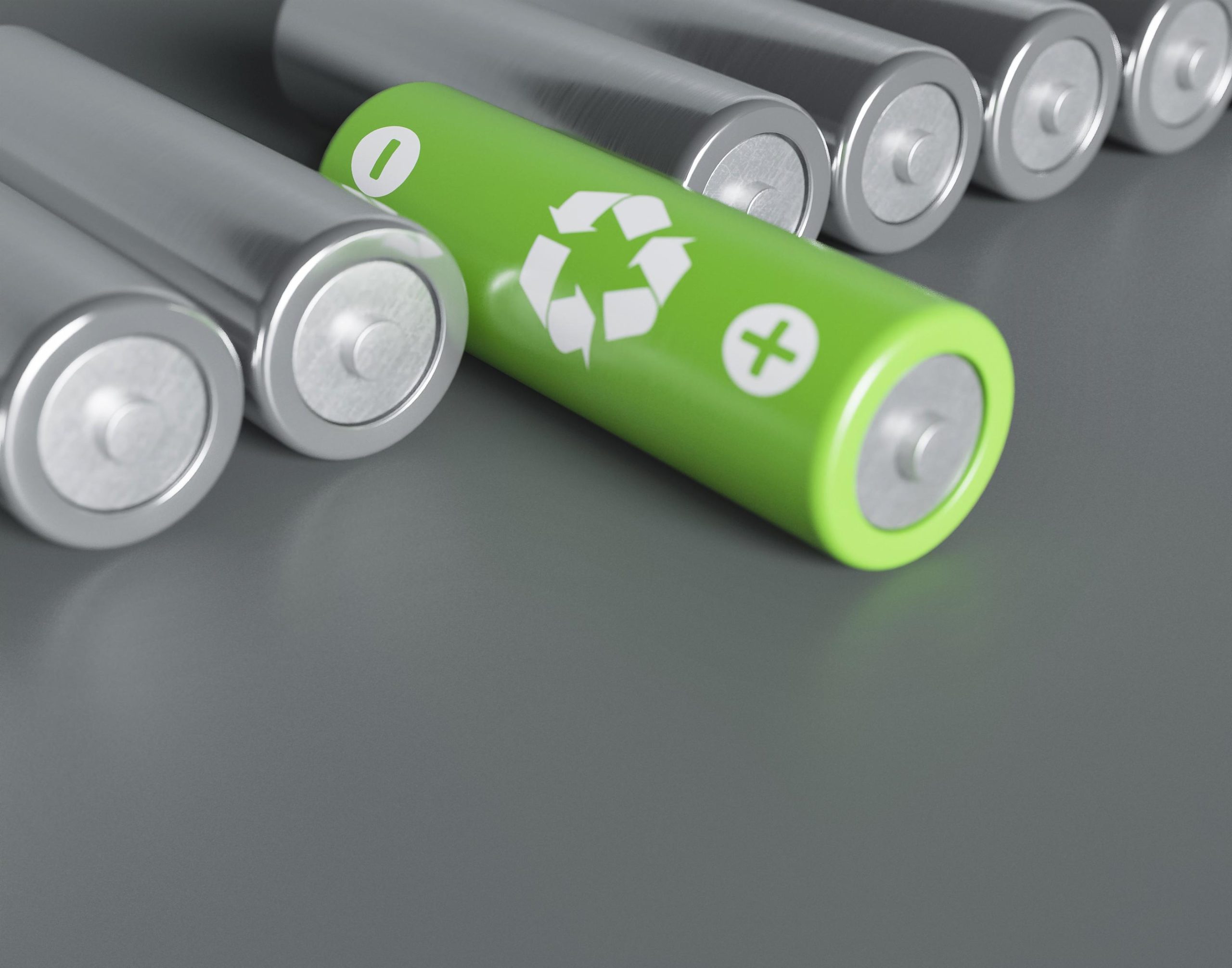The US Department of Energy (DOE) has allocated $125 million to support two Energy Innovation Hub teams, aiming to lay the scientific foundation for the development of next-generation battery technologies. Led by Argonne National Laboratory and Stanford University, these research teams will focus on creating breakthrough energy storage solutions critical to decarbonising transportation and incorporating clean energy into the electricity grid.
The Energy Storage Research Alliance (ESRA), led by Argonne National Laboratory, will focus on compact batteries for heavy-duty transportation and energy storage for the electricity grid, while the Aqueous Battery Consortium (ABC), led by Stanford University, will explore large-scale aqueous batteries for long-duration grid storage. Both initiatives will emphasise the use of Earth-abundant materials to minimise supply chain risks.
The projects will also involve collaboration with Historically Black Colleges and Universities (HBCUs) and other Minority Serving Institutions (MSIs), contributing to workforce development and creating inclusive research opportunities. This integration will help build the next generation of energy storage professionals.
Current rechargeable batteries, such as lithium-ion (Li-ion) and lead-acid batteries, have significantly impacted the economy but face limitations in energy storage capacity, cost, and safety. The funded research seeks to address these challenges by advancing battery designs that offer versatile, scalable, and more efficient energy storage capabilities, surpassing the limitations of today’s batteries. Additionally, these projects aim to reduce supply chain risks associated with existing battery materials.
“Providing the scientific foundation to accelerate this important research is key to our economy and making sure the U.S. plays a lead role in transforming the way we store and use electricity. Today’s awards provide our Energy Innovation Hub teams with the tools and resources to solve some of the most challenging science problems that are limiting our ability to decarbonise transportation and incorporate clean energy into the electricity grid,” said Harriet Kung, DOE’s Acting Director for the Office of Science.
The projects were selected through a competitive peer review under DOE’s Energy Innovation Hub Program. The funding is aimed at driving innovation over the next five years, furthering U.S. leadership in advanced energy storage solutions.
